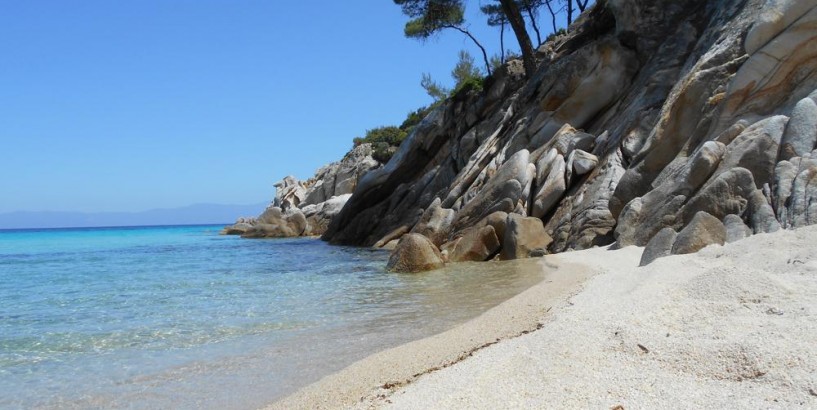This summer many people are choosing staycations, which involve staying at home or at least in town, or “safecation” considerations due to the health effects of the COVID-19 pandemic.
Since beaches are popular summertime attractions, Consumer Reports offered “6 Ways to Stay Safe at the Beach During the Pandemic,” such as:
1. Check rules prior to making definitive plans. Beaches are closing, reopening, and adjusting hours and guidelines daily.
2. Practice social distancing no matter if walking or sitting on the beach or even when swimming.
3. Wear masks “in public settings where social distancing measures are difficult to maintain.”
4. Be careful not to focus on COVID-19 safety precautions and forget general safety issues, such as wearing sunscreen to avoid sunburns, practicing water safety and staying hydrated.
Business Insider on June 25 advised safety-conscious summer travelers to:
• Seek locations within the United States that are well-suited to outdoor activities with socially distanced lodging.
• Drive a personal vehicle and secure accommodations at a rentable home, instead of renting a car and staying in a crowded hotel.
• Clearly understand pandemic-specific cancellation policies, and consider travel insurance options when booking a vacation.
Also, for people planning to fly in the next few months, “Today” in its “How to plan a summer ‘safecation’” report focused on the importance of researching an airline’s COVID-19 safety polices before booking. It also suggested people not only think about health safety but future employment security as well: “Know the rules in the state and town where you live. If you’ll need to quarantine when you return, can you miss work or work remotely?”
To stay safe on the road, Travel+Leisure’s “What to Know If You’re Planning a Road Trip This Summer” pointed out that “experts caution against wearing a mask when driving alone because of a potential reduction in oxygen and possible lightheadedness,” and that reading an establishment’s published COVID-19 safety guidelines and cleaning practices allows road travelers to map out ahead of time possible restroom reprieves.









